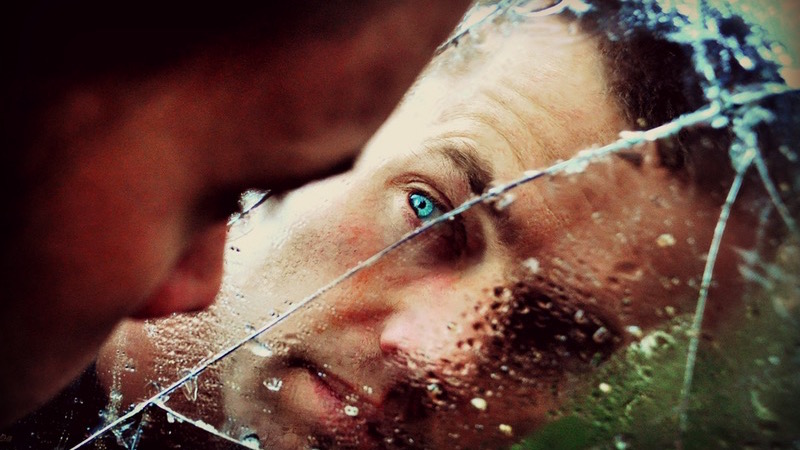Deep emotional blocks need impacts to dislodge them
- 1 June 2019
- Posted by: Michael H Hallett
- Category: Emotional principles ,

One of the less appealing features of the healing journey (not that it has many to begin with) is that the further you go, the more deeply our unprocessed emotional trauma is lodged in our unconscious. Simply meditating or doing a bit of personal development work no longer suffices to bring this damaged emotional material to the surface for acceptance and release. Emotional blocks need impact.
Emotional blocks
The deeper the blockage is lodged, the deeper the impact required. We naively like change to be manageable—small, painless, and tidy.
In Debugging the Universe, Laura Knight-Jadczyk writes that, “I wanted things to change, but only a little, and only the way I wanted them to change.” Yet, as Jeanette LeBlanc writes, “Nothing big ever happens, good or bad, unless the floor falls out first.”
The spiritual teacher Georges Gurdjieff is equally adamant that shocks are necessary for progress.
“It is only shocks that can lead a man out of the state in which he lives.”
— G. I. Gurdjieff, quoted by P. D. Ouspensky, In Search of the Miraculous
A core wound may need an shock that unfolds over many months before impacting like an emotional earthquake with a magnitude of 9 on the Richter scale. Like earthquakes, the deeper in our psyche these shocks occur, the greater the impact on our lives—and the stronger the impact needed to dislodge them.
Losing friends
These emotional jolts can take several forms. Perhaps the most obvious are emotional shocks when we fall out with friends, family or work colleagues.
As we clear our emotional blocks, our consciousness rises. If the consciousness of those around us isn’t also rising, collisions and fallouts can occur. It’s surprising, it’s unpleasant, and it’s hurtful to all parties.
Yet sometimes it’s exactly what we need to shock us into progressing to the next level. And remember, the person you’ve just collided with has been offered an opportunity for their own growth that they may or may not be ready to accept. That’s their stuff, not yours.
Physical impacts
These impacts can also show up in our physical environment. There seem to be two kinds: impacts that shock us into emotional release, and impacts that follow our own emotional release and are a physical manifestation of it.
Examples of impacts I’ve experienced include light bulbs that blow when you turn them on, electronics melting down, a blown car tyre and even an accident where my car was written off.
I was once disqualified for running over time in a Toastmasters public speaking contest. The shock of disqualification gave me an unexpected jolt that triggered a powerful emotional release. Yet, with hindsight, while I was giving the speech, I felt like I was waiting on stage for the clock to tick down and run over. (I was later told that, had I not run over time, I would have won. Sigh.)
In all these cases I felt a strong connection between the impact and emotional release it triggered. In an example of a physical jolt following an emotional one, part of a tooth cracked off, requiring a crown. Again, the sense of connection between the emotional and physical events was palpable.
Core wounds
The deepest impacts are reserved for accessing our core wounds and where we suffer from arrested development. These core emotional blocks are encased in the equivalent of reinforced concrete and take a lot of excavation to reach. Consequently, we need an impact like a pneumatic drill hammering into the heart of our psyche.
The deepest impacts are reserved for accessing our core wounds. These wounds are encased in the emotional equivalent of reinforced concrete and take a lot of emotional excavation to reach.
When this happens our lives can go off the rails. Our emotional boundaries come down. Our lives can become quite unstable—we cannot access our core wounds from a place of emotional stability. Those around us can get hurt as the healing steamroller unrelentingly crushes all brokenness out of us.
Releasing the trauma of a core wound can be traumatic in itself.
Some of these wounds are inherited generational traumas that have been with us for life.
It’s not a journey for the faint-hearted. It leaves a trail of broken relationships, unhealed ruptures, words left unsaid—like apologies we’re unable to give to someone who won’t speak to us—not to mention large dental bills.
Photo: Jim Jackson on Pexels
